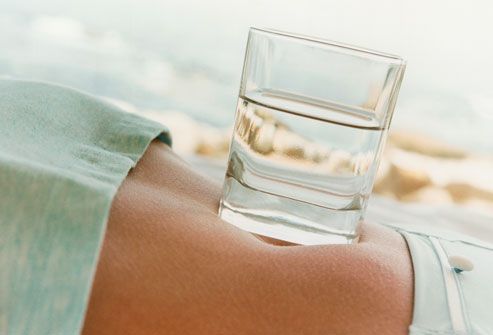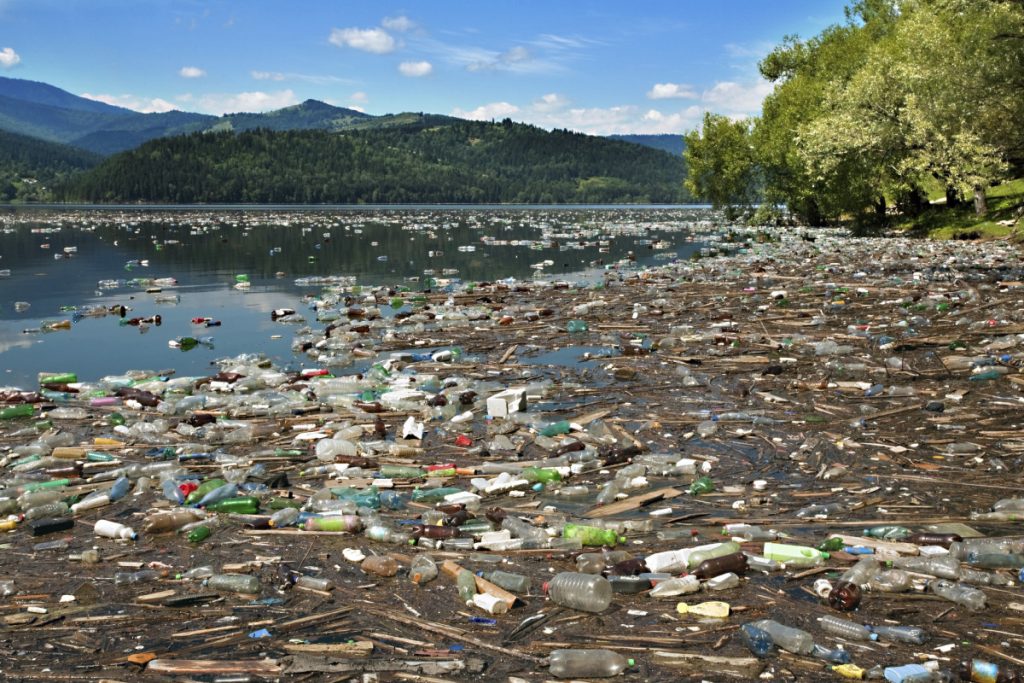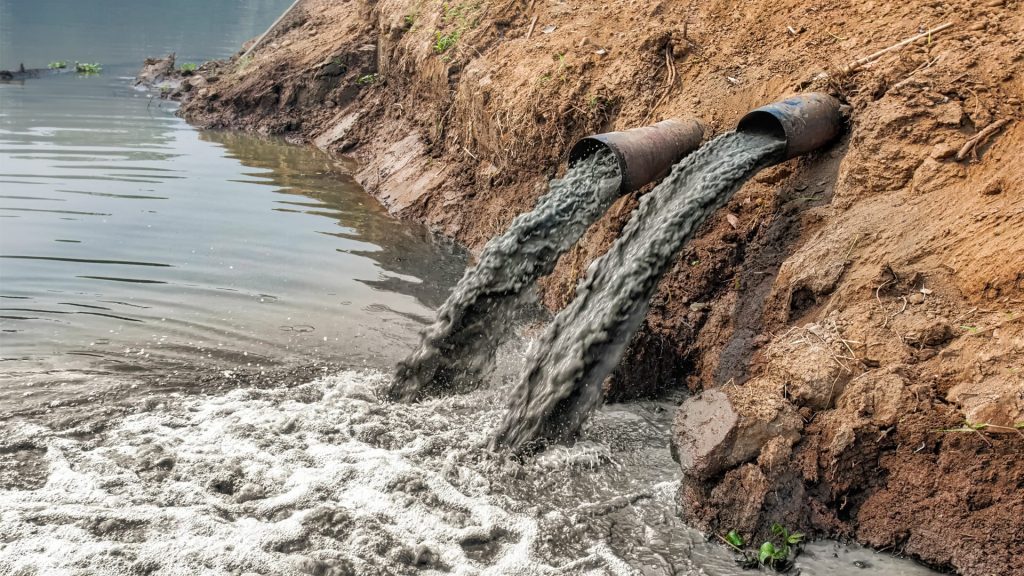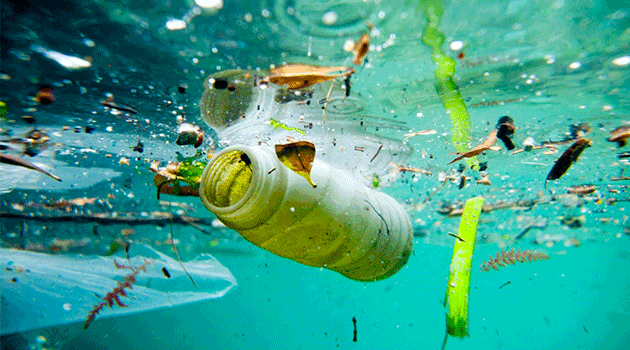6 SUBSTANTIAL BENEFITS OF WATER TO YOUR BRAIN
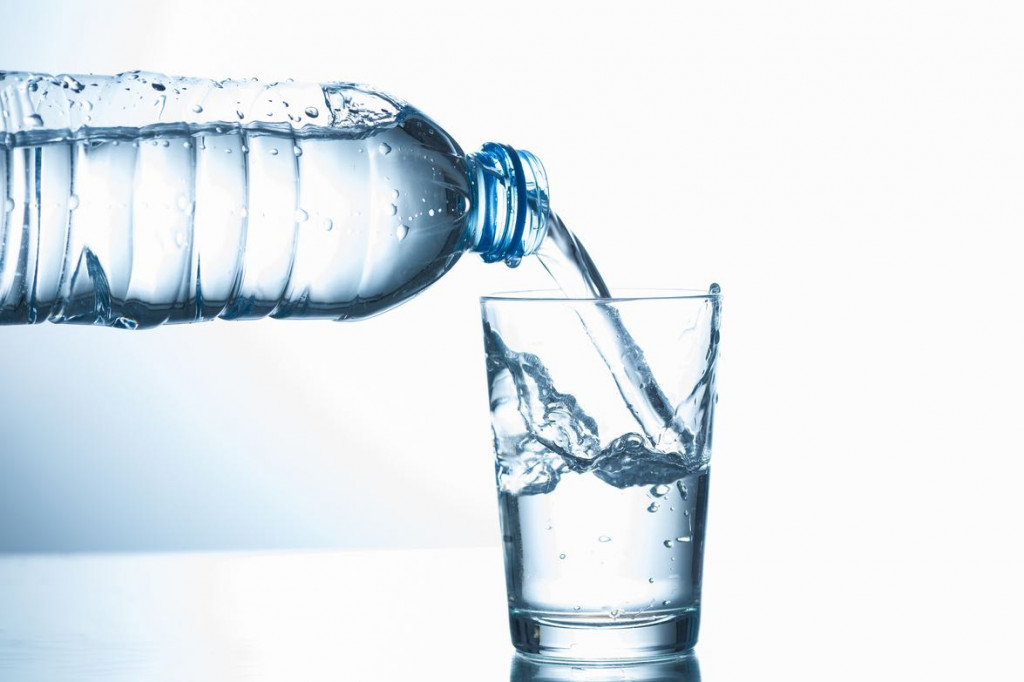
One of the first things I do when I wake up from the bed is to visit my kitchen, open the cupboard, get my cup, and drink some cup of water. Even if I’m not thirsty, as I know the importance of drinking water for my brain, I immediately gulp down some H20 down. From all the tricks I have picked up from my extensive research of keeping my mind sharp for work, staying active, and getting enough sleep, staying hydrated is the one I adhere to strictly; I don’t joke about it at all. The reason is that it’s so easy to get a drink, and I don’t need any effort, or have to go through pain drinking water in the morning and throughout the day.
Your brain depends on proper and appropriate hydration to perform optimally. Your brain cells require a delicate balance between various elements and water to function. When you become careless and lose the water, the balance is disrupted and your brain cells will lose its efficiency.
A lot of research found out that we have more difficulty maintaining focus. Dehydration can disrupt the recall of long-term memory and impair short-term memory function. Your ability to determine whether you’ll be late for work or not when you decide to hit the snooze button or to perform mental arithmetic like calculus is affected when your brain fluid is low.
The longest spell most of us can go without water intake, within the 24 hours in a day, is between six and eight hours, and that’s the period we dedicate for sleeping. It’s not that sleeping is that a big deal- as a matter of fact, we all enjoy sleeping. Just know that during your sleep, you lose fluid. In short, in every passing breath of yours, moisture is expelled. Now imagine the level of liquid that you’re left with after eight hours of sleep? The loss of fluid from the brain can be attributed to inability to store up liquid.

SOME OF THE BENEFITS OF WATER TO YOUR BRAIN ARE:
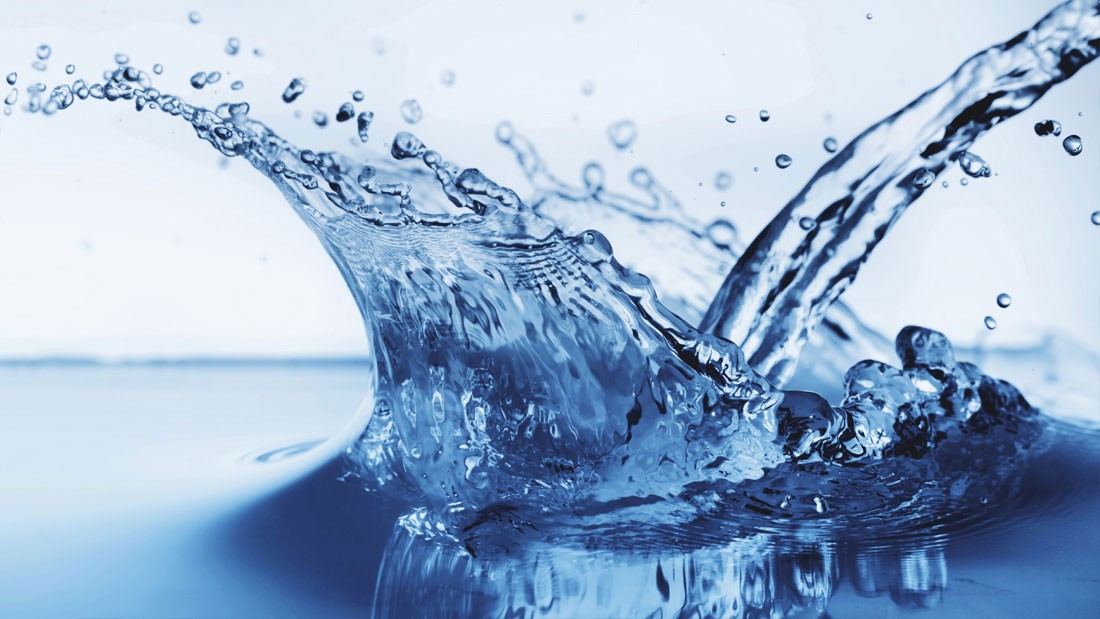
- It helps to deliver nutrients to your brain
- It gives your brain the electrical energy that would allow your brain to perform its functions (memory processes and your thought) optimally.
- When your brain has sufficient moisture, you’ll be able to be more focused, think faster, and experience greater clarity and creativity.
- It helps to keep your nerve signals going
- It contributes to removing toxins from your brain
- Proper hydration may help decrease the risk of Lou Gehrig’s disease, Parkinson’s, and Alzheimer’s.
